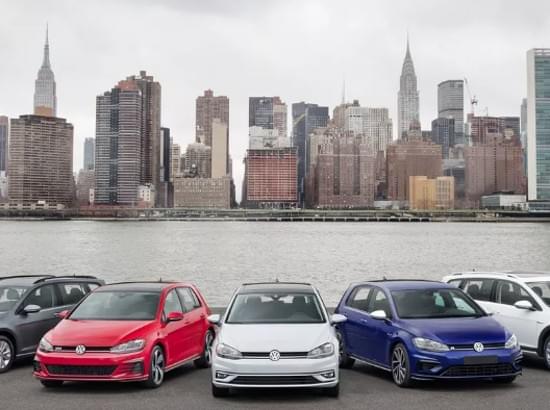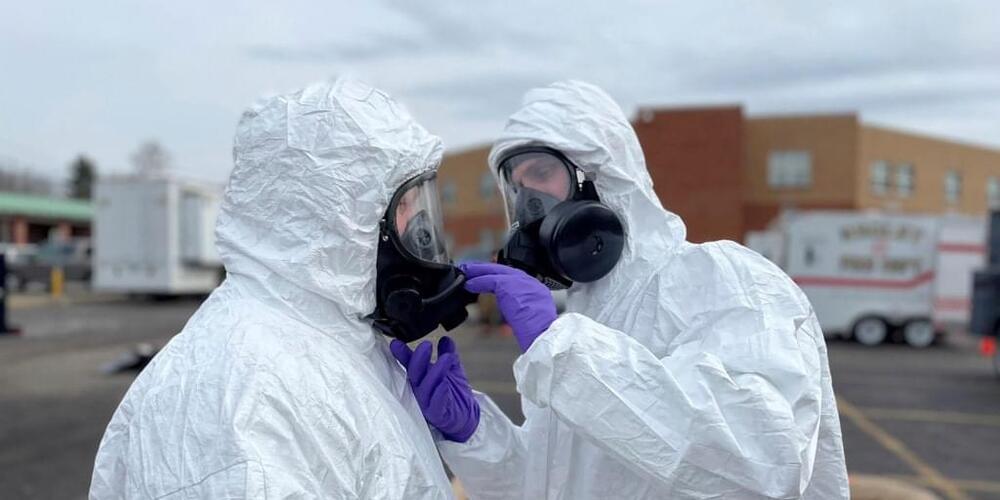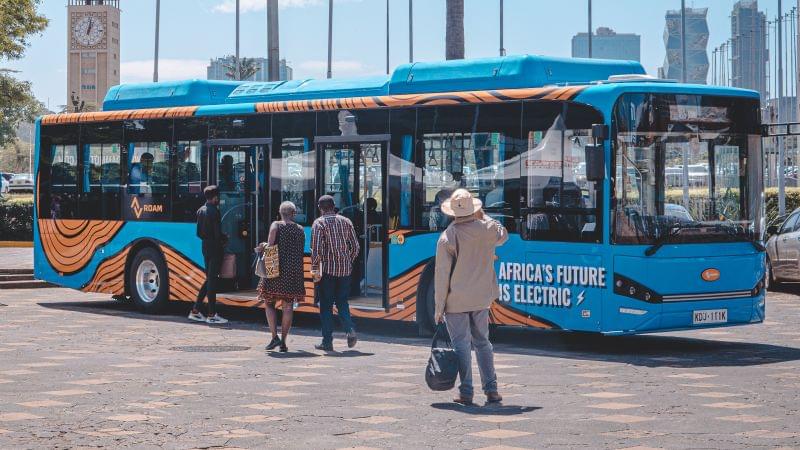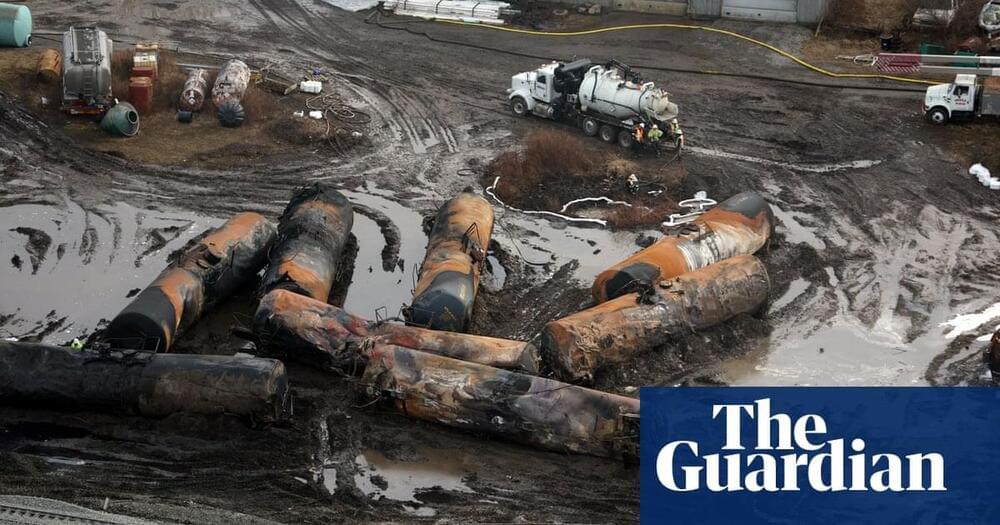The concept of synthetic data is almost too good to be true – it can mimic the distinctive properties of a dataset while dodging a number of issues that afflict data. There are zero data privacy concerns around synthetic data since it is artificially generated and isn’t related to real-world persons. It can be manufactured on demand and in the volumes required. In other words, synthetic data is a boon in a world eternally thirsty for data.
And the hectic space of generative AI is offering a helping hand in the easy generation of synthetic data.
The concept of synthetic data has been around for decades until the autonomous vehicle (AV) industry started using it commercially in the mid-2010s. But for how important an issue it resolves, creating synthetic data brings a myriad of complications along with it.








